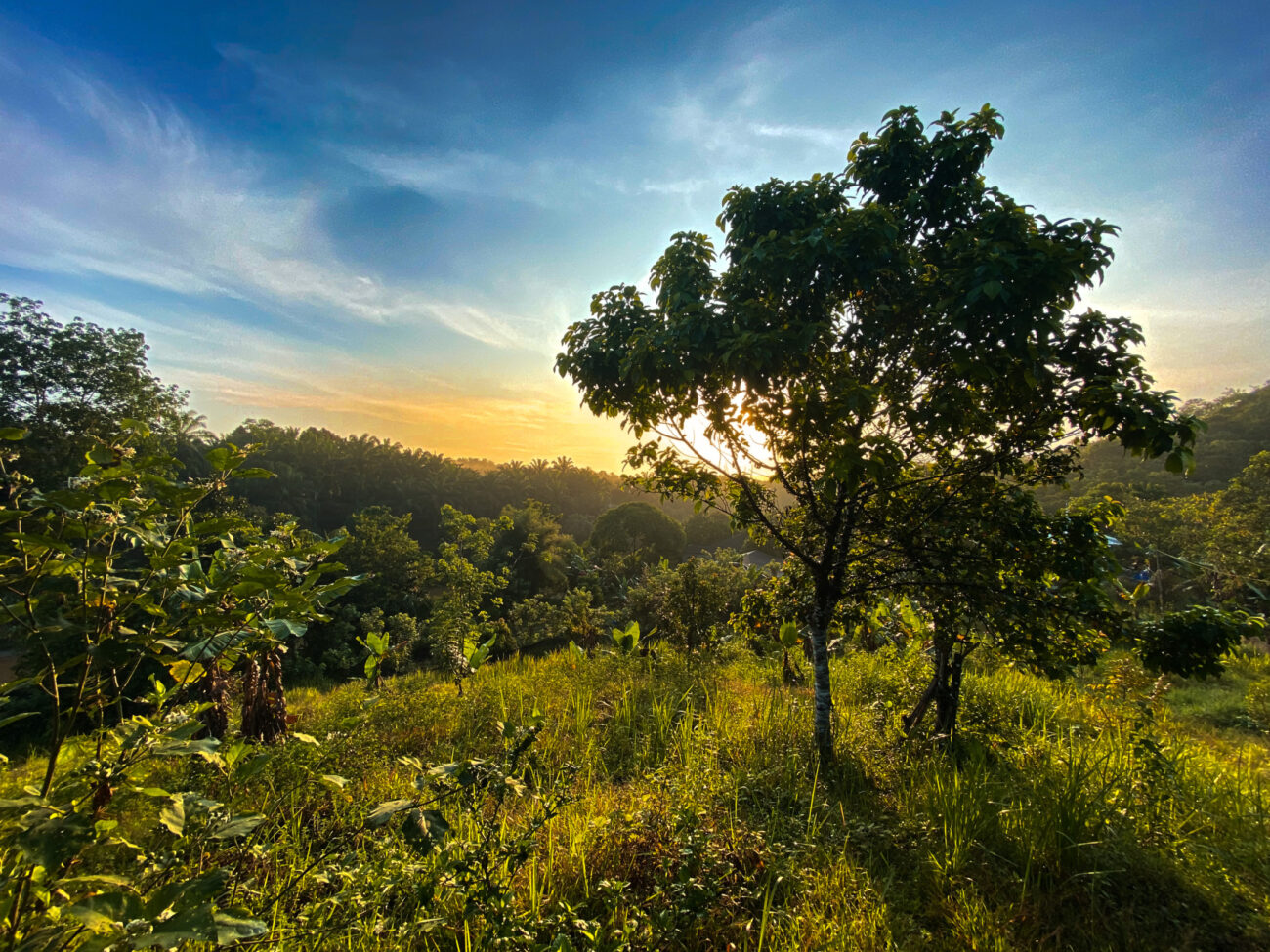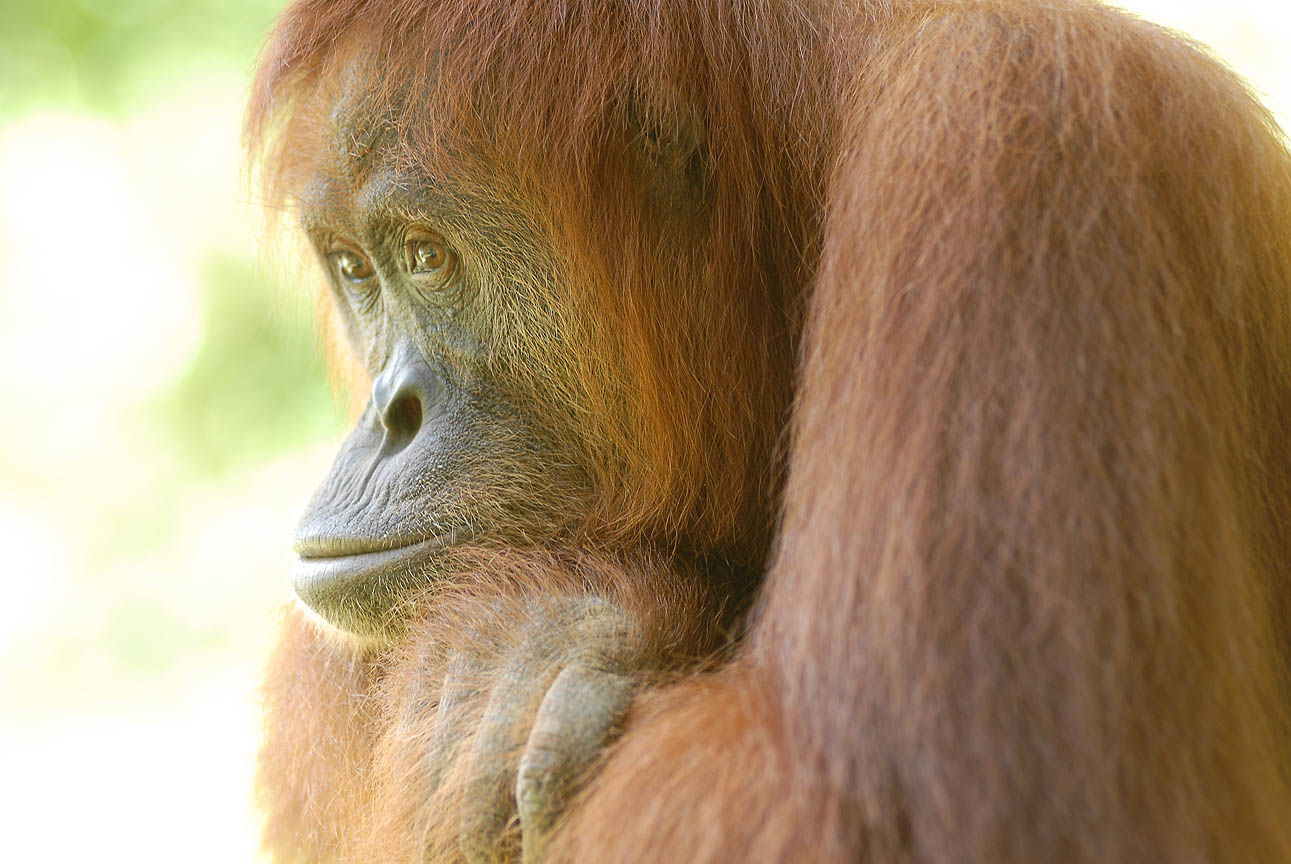Carbon offsetting doesn't (always) work. So what does?
You may have seen that carbon offsetting is under fire in the news again. A nine-month long investigation led by the Guardian newspaper has revealed that the majority of rainforest carbon offsets sold by the world’s leading provider to some of the world’s biggest companies, are assumed worthless. So where does that leave us?At the recent COP26 Climate Summit, world leaders came together to pledge billions of pounds of funding, including through carbon offsets, to get serious about protecting rainforests all over the planet. Along with other tropical rainforest nations, such as Brazil and DRC, Indonesia is one of the member countries which put its name to the deal – so this is a step in the right direction for protection of rainforests and critical orangutan habitat in Sumatra.
But funding alone is not enough, and with carbon offsetting not always offering a silver bullet, what other practical actions can make a difference?
Research shows that successful forest protection is most effective when it is in the hands of local, forest-dwelling communities. At SOS we have over twenty years of experience of supporting frontline and community-connected organisations on the ground in Sumatra to work with indigenous and local people living alongside the vibrant, biodiverse and carbon-rich habitat of wild orangutans. These partnerships enable long-lasting protection of standing forest, providing training and skills so communities can rewild and benefit from their forest resources without resorting to deforestation.
At the heart of the SOS approach is our commitment to co-developing landscape scale strategies with our partners for critical areas of rainforest protection. We know that orangutans (as well as communities and the planet) need connected habitats across landscapes to ensure they can thrive into the future. At SOS we employ detailed mapping processes, enhanced with socio-economic data, to pinpoint the forest areas at greatest threat in a landscape.
This analysis helps us to identify the local communities with the greatest potential to make a difference to long term protection of these critical hotspots.
In partnership, we support local organisations and environmental anthropologists to build relationships with local administrations, key community players and family households to activate local social forestry mechanisms. These are recognised by the local and regional administration and enable the people who rely on the forests to develop long-term, legitimate plans that can protect rainforest under threat. Our partners offer training and support so communities can adopt alternative, regenerative ways of earning an income without further exploiting their remaining forests.
This approach is complex and can be bumpy, but it is also sticky. The benefits are wide and deep: forest protection and regenerative practices which do not displace the potential to earn income are a no-brainer. In this way, nature can thrive. The living, biodiversity-rich landscape is maintained, and families prosper. Orangutans and so much other wildlife can rely on connected landscapes and the global climate is a little more secure.
At SOS we know this is the only way to ensure a future for orangutans, people, forests and the climate. We work with a number of companies including LUSH and Whole Earth to channel funding where it really makes a difference.
Find out more about our approach here, or get in touch on info@orangutans-sos.org. We’d love to tell you more and help you support long-term, grassroots conservation actions that really make a difference.

